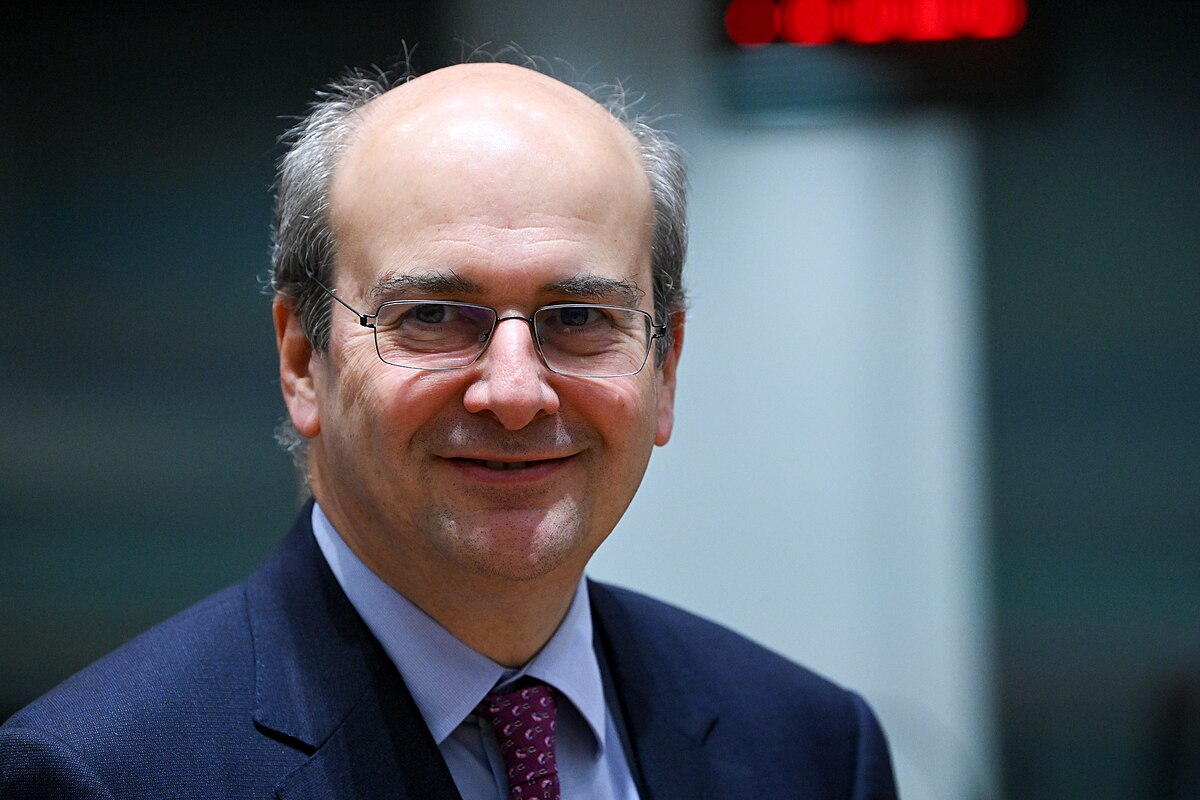Greek Deputy Prime Minister Kostis Hatzidakis on Wednesday called on the Cypriot government to “clarify its position” over the Great Sea Interconnector project.
The project, if completed, will connect the energy grids of Cyprus, Greece and Israel.
“It is a plan which mainly benefits Cyprus. Cyprus’ energy isolation is being lifted. The [Greek] government’s commitment is specific. It has been expressed in many different ways … What remains is what Cyprus wants to do. Our commitment is a given. The Cypriot government is the one which must clarify its position,” he told Greek public broadcaster ERT.
He also made reference to Greece’s independent transmission system operator (Admie)’s request that the Cypriot government pay €25 million to help finance the project, which the Cypriot government is currently withholding.
Admie is the project’s 51 per cent majority stakeholder and implementing body.
“Our position was and remains clear. The cable cannot be paid for only by the Greek taxpayer, it must be shared,” Hatzidakis said.
The Republic of Cyprus had pledged a total of €25m per year over five years until 2029, with those payments to be made before the interconnector is operational, in effect helping finance the project and ensuring that Admie will have a stable income while investing in the project before it turns a profit.
However, disagreements have been raised over the means of making those payments, and over the Cypriot side’s view that adequate progress has not yet been made on the project.
The former matter is related to the fact that Cyprus had initially planned to utilise funds made available to it through the European Union’s emissions trading system (ETS) to make the payments, so as to prevent the burden of the payments from falling on the taxpayer.
Admie had warned that this arrangement may violate the EU’s rules on state aid, and as such asked the Cyprus energy regulatory authority (Cera) to begin charging consumers instead.
Hatzidakis comments came as a direct response to Cypriot Finance Minister Makis Keravnos’ references to two “independent and serious organisations” which have “concluded that the project is not sustainable”.
Keravnos had also made reference to Admie’s demands for the €25m payment, and the issues regarding the sourcing of the money, describing the situation as “a bit of a pseudo-dilemma”.
“Taxpayers’ money will be paid so that consumers do not have to pay, but all taxpayers are also consumers. I do not know anyone who does not use electricity,” he said last month.
Then asked what would have to be different for he and his ministry to change stance on the matter and be more forthcoming with the first payment of €25m demanded by Admie, he said his stance would change “if the project were being implemented right now and were at a good stage”.
He added that seabed surveys to determine where cables we laid “have not even been completed”, and that the completion of those surveys is “decisive for the total cost of the project”.
This version of events had been disputed on Tuesday night by Greek Foreign Minister Giorgos Gerapetritis, who had said that surveys on the seabed in advance of the laying of electricity cables “did not stop”, but that in fact, “the research was completed according to its planning”.
“The research and laying of the electricity cable will continue in the coming period,” he said, adding that while he “understands” that there is “a possibility” of a “third country” harbouring intentions of obstructing the laying of the cable, “if there is a will to obstruct it from any third country, it is obvious that there will be consequences”.
Asked when work on the interconnector will resume, he said that “this will happen in the near future”, but that “the exact date has not yet been determined”, adding that this is “something that will have to be done in collaboration” with Nexans, the French company which manufactures the cables used in the interconnector.
Admie had in May been forced to deny that it has plans to build an electricity interconnector to the country’s Dodecanese islands rather than to Cyprus.
The denial came after a report was published in Greek newspaper Kathimerini which suggested that given the financial and geopolitical hurdles faced by the Great Sea Interconnector project, a project housed entirely in Greece may be more feasible.
The newspaper had written that Admie and Nexans have been “looking for a plan B to mitigate the effects of the prolonged uncertainty and the threat of cancellation”.
The newspaper wrote that if the project is halted due to geopolitical risks, the cost is to be shared equally between the Hellenic Republic and the Republic of Cyprus, but hinted that there may be unwillingness on the Greek government’s part to admit that “geopolitical risks”, namely the possible negative Turkish reaction, would be the reason behind the project’s cancellation.
In addition, it wrote that Nexans is “looking for a way out”, despite having already constructed 160 kilometres worth of cables for the interconnector.






Click here to change your cookie preferences